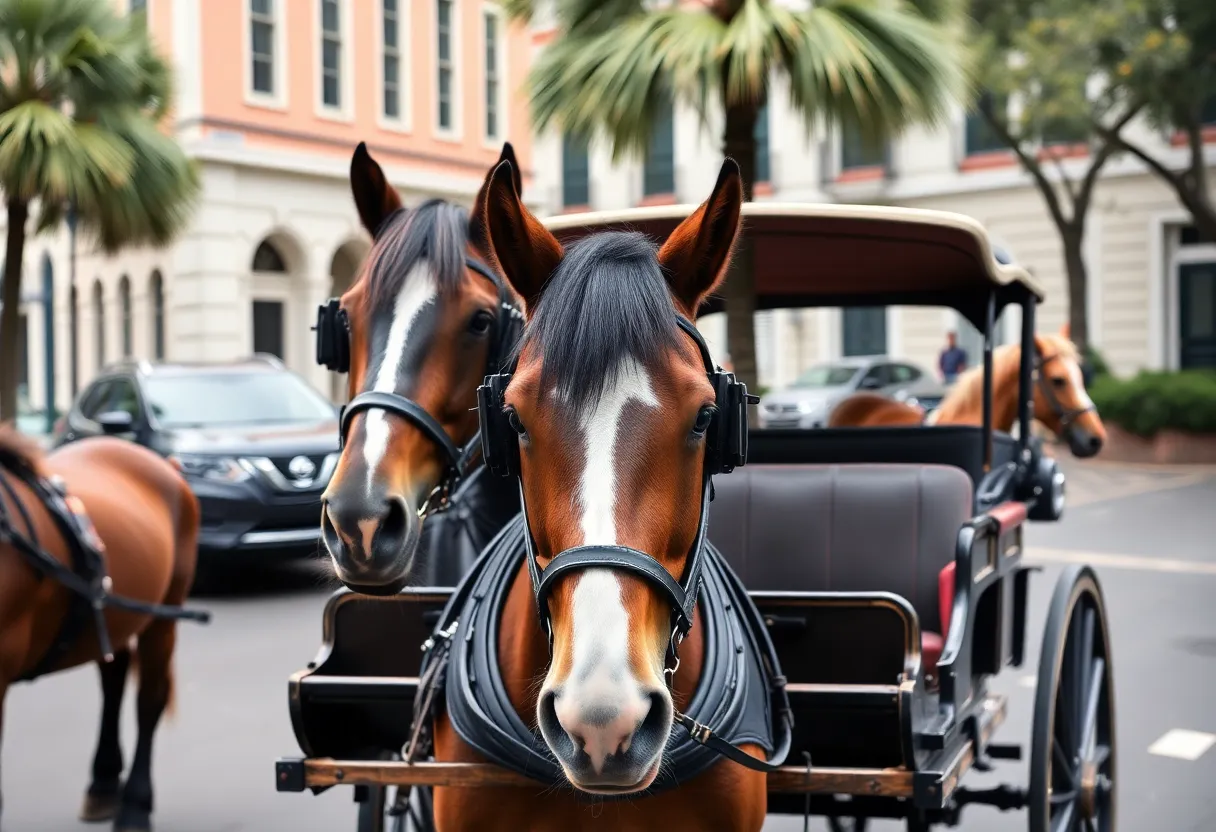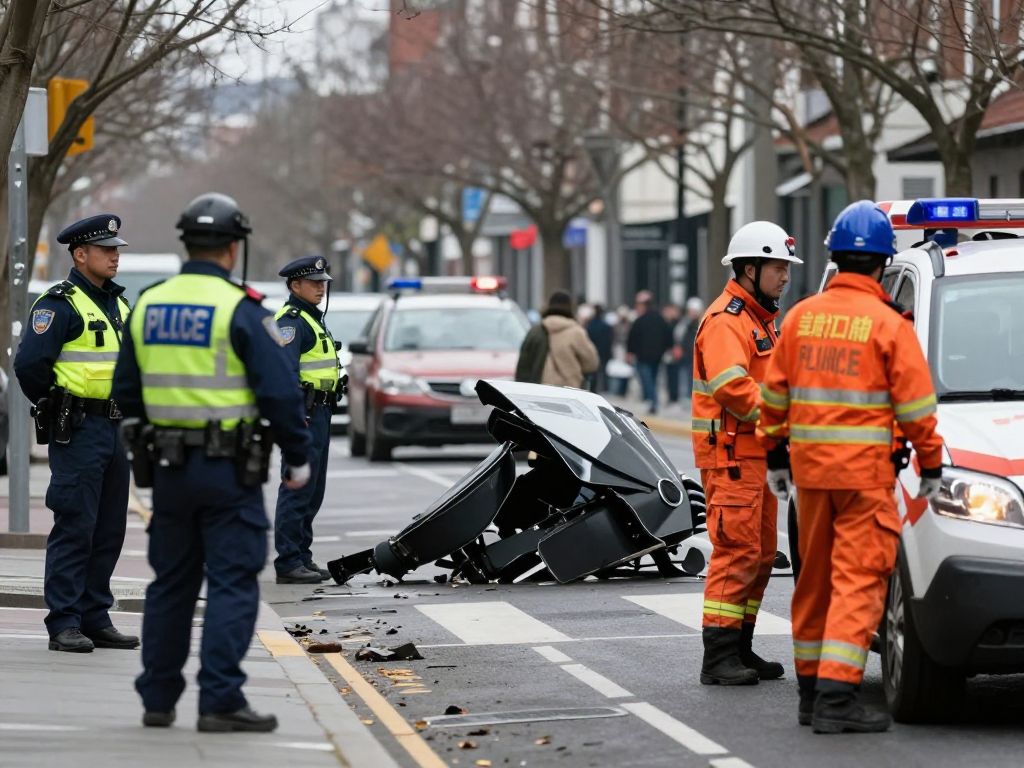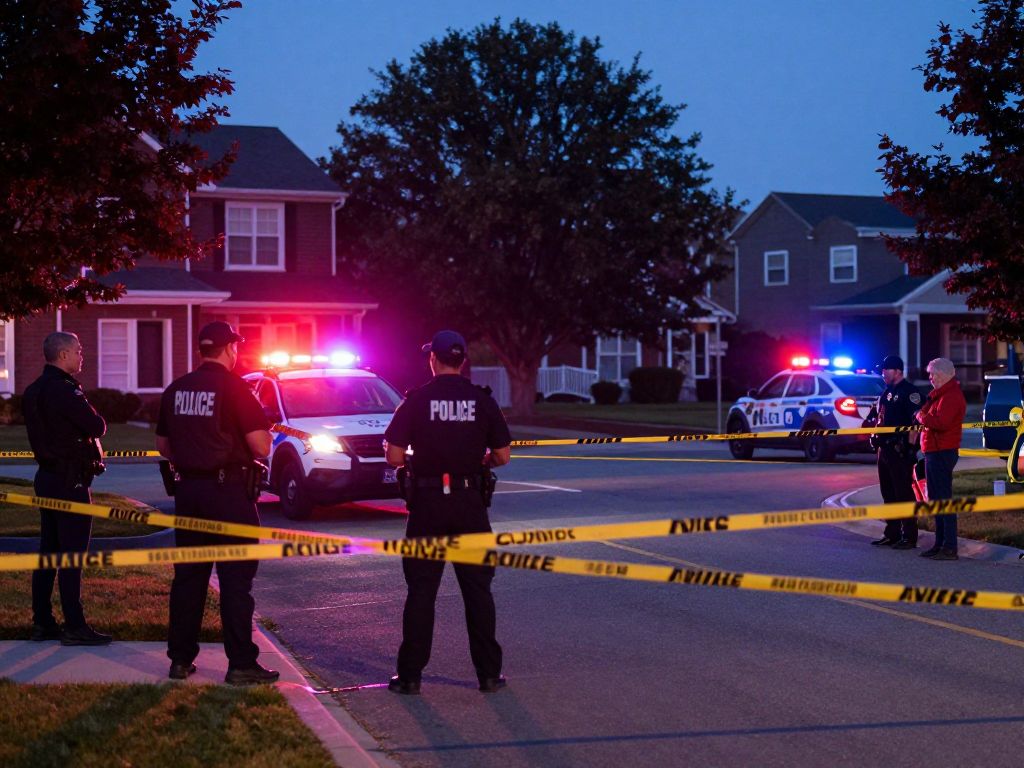News Summary
The South Carolina Court of Appeals upheld a ruling dismissing a defamation lawsuit by Charleston Carriage Works against animal advocacy groups. The case, stemming from a controversial video of a horse named Big John collapsing, found the video protected as free speech related to public concern. The court noted Charleston Carriage Works failed to prove actual malice required for defamation claims. Advocacy groups view this outcome as a victory for animal rights and free speech, potentially influencing future legal protections for public advocacy.
Charleston – In a significant ruling, the South Carolina Court of Appeals upheld a 2022 decision that dismissed a defamation lawsuit filed by Charleston Carriage Works against two animal advocacy groups. The court’s affirmation came after a lengthy legal battle initiated in 2018, which stemmed from a controversial video showing a horse named Big John collapsing during a carriage tour in Charleston.
The lawsuit revolved around a video that was uploaded by the Charleston Animal Society and Carriage Horse Advocates, which has since accumulated over 77,000 views on YouTube. The video depicted Big John, who was pulling a carriage loaded with customers, falling to the ground and lying there. In response, the animal advocacy groups alleged potential maltreatment and expressed concerns regarding the horse’s well-being and treatment.
The court found that Charleston Carriage Works did not establish the required actual malice needed to support a defamation claim. Furthermore, the court noted that the video constituted protected speech that addressed a matter of public concern, which contributed to its ruling. Master-in-Equity Judge Mikell Scarborough’s earlier summary judgment that dismissed the case was therefore upheld.
During the legal proceedings, Charleston Carriage Works contended that the video misrepresented the incident, asserting that Big John had merely tripped rather than being harmed. The company claimed that the horse could get up without assistance, refuting allegations made by the animal rights groups in the video, who questioned whether the horse was exhausted or had indeed tripped. However, the court emphasized the need for supporting evidence related to the arguments put forth by Charleston Carriage Works, noting that many lacked substantial backing.
This court ruling has been perceived as a victory by the CEO of Charleston Animal Society, who expressed satisfaction with the outcome. The case also raised discussions about SLAPP (Strategic Lawsuit Against Public Participation) implications, as the advocacy groups faced the lawsuit, which some argue was retaliatory for their public criticisms of the carriage industry.
In light of these ongoing discussions, a proposed South Carolina Public Expression Protection Act aims to enhance legal protections against retaliatory lawsuits that infringe on rights to free speech and public advocacy. This proposed legislation would potentially offer a framework to better protect individuals and groups who express concerns regarding ethical issues, such as those surrounding the treatment of working animals.
The case has highlighted continuing debates regarding the ethical treatment of carriage horses in Charleston and the role of public advocacy in these matters. As animal welfare remains a critical public interest issue, it raises questions about the responsibilities of companies operating in the tourism sector to ensure the safety and health of the animals involved in their operations. The ruling is significant not only for the parties involved but also for broader conversations surrounding animal rights and advocacy in the state.
Charleston Carriage Works has indicated plans to continue appealing the ruling, signaling that the dialogue regarding the treatment of horses in the carriage industry will likely persist. The case serves as a reminder of the tensions between animal advocacy, free speech, and commercial interests in the tourism sector.
Deeper Dive: News & Info About This Topic
HERE Resources
Additional Resources
- Post and Courier: Charleston Carriage Works Video Not Defamatory
- Live 5 News: Libel Lawsuit Over Viral Carriage Horse Video Ends in Activist’s Favor
- ABC News 4: Former Berkeley High Football Coach Awarded $200K in Defamation Lawsuit
- Wikipedia: Defamation
- The State: Defamation Case News
- Encyclopedia Britannica: Free Speech

Author: STAFF HERE CHARLESTON
The CHARLESTON STAFF WRITER represents the experienced team at HEREcharleston.com, your go-to source for actionable local news and information in Charleston, Charleston County, and beyond. Specializing in "news you can use," we cover essential topics like product reviews for personal and business needs, local business directories, politics, real estate trends, neighborhood insights, and state news affecting the area—with deep expertise drawn from years of dedicated reporting and strong community input, including local press releases and business updates. We deliver top reporting on high-value events such as the Spoleto Festival USA, Charleston Wine + Food Festival, and the MOJA Festival. Our coverage extends to key organizations like the Charleston Metro Chamber of Commerce and the Charleston Museum, plus leading businesses in tourism and maritime industries that power the local economy such as South Carolina Ports Authority and the Charleston Visitor Center. As part of the broader HERE network, including HEREaiken.com, HEREbeaufort.com, HEREchapin.com, HEREcharleston.com, HEREclinton.com, HEREcolumbia.com, HEREgeorgetown.com, HEREgreenwood.com, HEREgreenville.com, HEREhiltonhead.com, HEREirmo.com, HEREmyrtlebeach.com, HEREnewberry.com, HERErockhill.com, HEREspartanburg.com, HEREaustin.com, HEREcollegestation.com, HEREdallas.com, HEREhouston.com, and HEREsanantonio.com, we provide comprehensive, credible insights into South Carolina's dynamic landscape.





